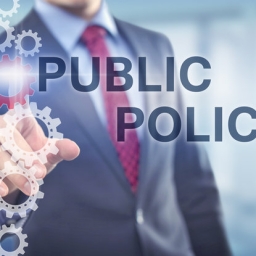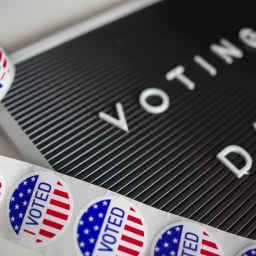
Not everyone is handling executive communications with grace during this pandemic. Over the last few weeks, several executives have made unfortunate blunders when discussing strategies and handling of employees. Most notably, Amazon general counsel David Zapolsky spoke ill of a whistleblowing employee, Chris Smalls, in a leaked memo. According to Vice, Zapolsky stated of Smalls that, “He’s not smart, or articulate, and to the extent the press wants to focus on us versus him, we will be in a much stronger PR position.”
Though the notes were never intended for public consumption, they still highlight the nightmare of poor executive communication and a lack of empathy from corporate leaders. COVID-19 is an opportunity for employers to lessen anxiety among employee ranks through compassionate and constructive dialogue. It is a chance to uplift and encourage workers rather than reinforce stereotypes of aloofness and class division.
Management can do this by encouraging honest and transparent conversations. Not only would these conversations go over well inside the company, but if internal documents were ever to leak, they would ensure the company and its executives would be painted in a positive light. Workers have a right to speak up to their employers during a time of crisis; it is important to acknowledge that fact rather than mock and belittle the very people whose shoulders and backs hold up the organization. It is understandable that employers are fearful of negative press derailing the company. Still, they must understand that a poor communicative response can do even more damage. It can ignite a public relations firestorm.
Now is the time for leaders to lean on human resources and employee wellness programs to help assuage the fear in their organizations. It is time for the language to evolve from “trying” and “difficult” and “unprecedented times.” We can acknowledge that our lives are complicated without continually reminding each other of how tough it is (seriously, ditch those words). A shift to offering hope, discussing potential, talking about strength, and encouraging unity is what workers need more of right now. Succinct but muscular language such as “courage” accompanied by demonstrative visuals will go much further. It will reach the hearts and souls of employees more effectively than saying, “We’re here for you,” which rings hollow.
When it comes to disgruntled employees, leaders should create a proper process for staff to air their grievances and should respond promptly. Catch them before they go to social media and an internal problem becomes a nationally trending topic. It may genuinely be hard to step into the shoes of someone who lives in a different world than you (and who doesn’t have shareholder pressure barreling down on them), but remember their angst is just as strong. Their concerns are just as valid as any earnings report. Don’t be so above them that you can’t empathize and communicate in a way that you would want someone to speak to (or about) you—with RESPECT.
This communication strategy should be used during a pandemic or during normal times. When corporate boards and executive recruiters are searching for their next leaders, they want to find people with a track record of exhibiting outstanding communication under pressure. Not everyone has thought enough about how to cut through the noise and barrage of negativity, but you can.
At Phenomenal Writing, we pride ourselves on helping executives communicate with confidence and positive impact. For more tips on executive communication, please contact us today to learn more about our corporate packages.







